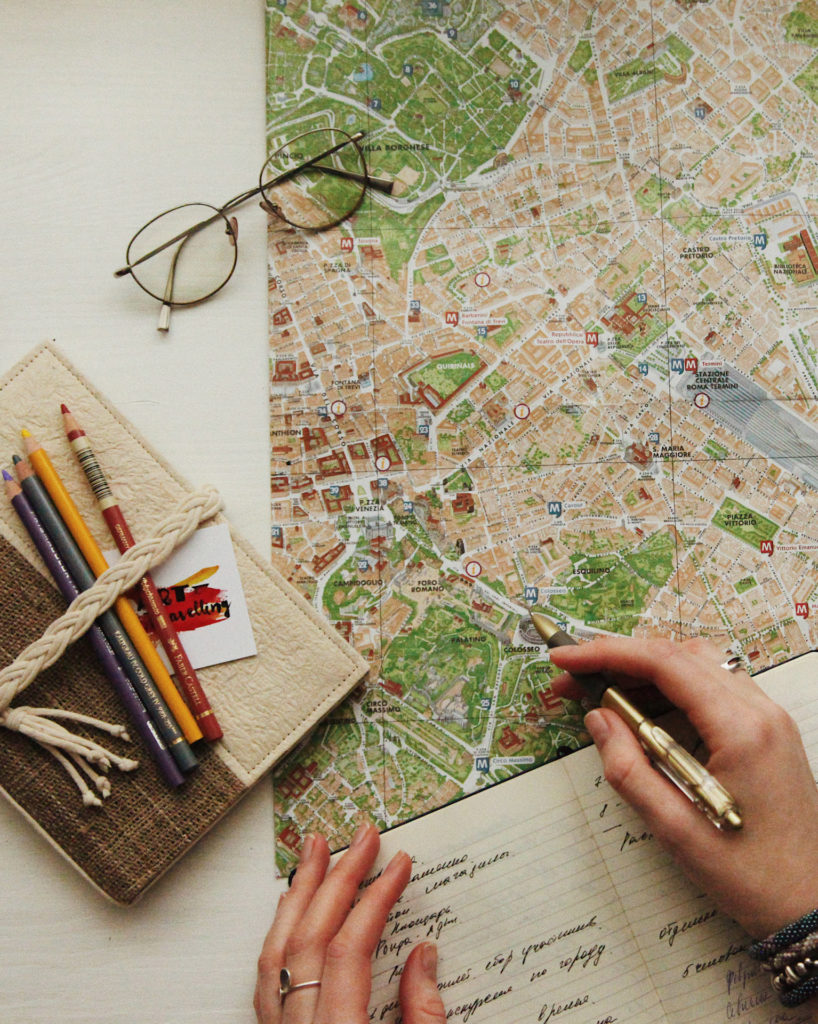As a dad of three kids, I can recall numerous times over the past two decades where I’ve shared my fatherly lessons on gratitude. It usually occurred when there was an argument over who controlled the tv remote, who got the bigger piece of pie after dinner, or who would have to sleep on the uncomfortable cot in the hotel room. It often went something like this. Dad sees children acting spoiled ungrateful, and entitled, so he makes an executive decision to intervene. Kids begin to sigh and look down as they hear dad’s favorite “thankfulness” lecture quotes. “Learn to have an attitude of gratitude” and “Want what you have and you will have what you want” were two of my personal favorites! While the lectures certainly wore thin, they did plant a seed in my children’s minds about the importance of practicing gratitude. So what is gratitude and how does it serve as a pathway to experiencing more positive emotions? Can practicing gratitude enhance your own health and well-being? Stay tuned as we’re about to find out.
In simple terms, gratitude relates to a sincere sense of appreciation for somebody or something. If you experience a sense of goodwill towards your neighbor and a warm feeling of appreciation in your heart directed at something you’re thankful for…then you are resting in the arms of gratitude.
Sonya Lyubomirsky, a prominent positive psychology researcher and the author of several books on happiness believes that “gratitude is savoring and not taking things for granted. It is present-oriented.” In her book The How of Happiness: A Scientific Approach to Getting the Life You Want, Lyubomirsky writes that gratitude is an antidote to negative emotions, a neutralizer of envy, hostility, worry, and irritation.” I absolutely love this! As I was reading Lyubomirsky’s comments, I began to see gratitude as a Magic Eraser of negative emotions, a sort of Neosporin tonic for our individual wounds and destructive energy. With so much uncertainty and polarization happening in our current world, could focusing on being grateful and performing consistent acts of gratitude serve as a vaccine for our mental health and provide a sense of optimism about the future?
A comprehensive collection of research suggests the more you practice gratitude, the more you strengthen the brain’s neural circuits for gratitude. When you begin to focus on the things you already have in your life that are meaningful and good, then the brain becomes more efficient and primed for discovering similar things. For example, if you intentionally notice how beautiful the mountains you see on your drive to work are, you will be more likely to notice other mountains and feel gratitude for the opportunity to experience them. Gratitude begets more gratitude. The beauty of the new consciousness rests in your brain’s ever-growing capacity to focus more intently on the things that have always been there. Commit to practice and repetition and your brain will do the rest. As the old saying in neuroscience goes, “neurons that fire together wire together.” Now get out there and fire up that gratitude engine!

M
MINDSET
A mindset built on gratitude can function as a salve to our mental, emotional, and physical health and well-being.
A
APPLICATION
Is just having thoughts of gratitude enough? How can you practice gratitude in terms of verbalizing it and/or engaging in specific acts of service?
P
PRODUCTION
Take 5-10 minutes today and meditate on how you will be more intentional with expressing gratitude in your life. Specifically focus on 3 things that you’re grateful for today and commit to sharing those ideas with 3 people before the clock strikes midnight tonight.






0 Comments